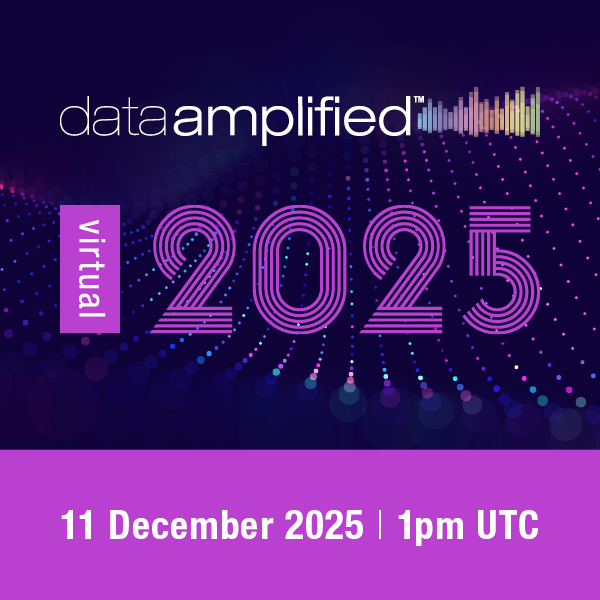
ESMA Chair discusses ESAP
“The objective of the new ESAP legislative project is to create a common source of public and freely available financial and sustainability-related information of EU companies and investment products, regardless of where in the EU they are located or originated while enabling a better use and reuse of this information,” says European Securities and Markets Authority […]















